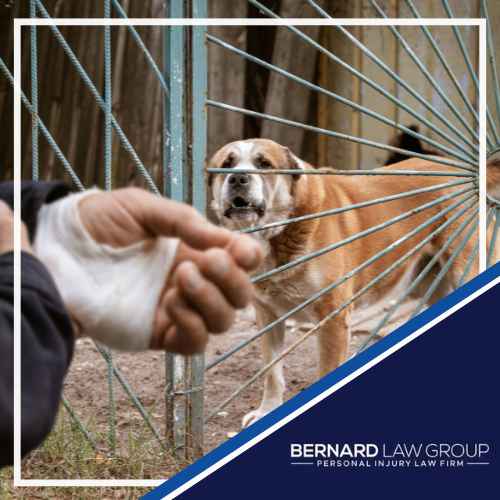Many auto accidents occur because of driver inattention, intoxication, or other problems that could have been prevented. But too often, accidents also happen because of equipment failure.
The latest two auto recalls to be launched with the help of the U.S. National Highway Traffic Safety Administration involve major automakers and recently produced vehicles.
Consumers with these recalled vehicles should not ignore these reports.
The first recall campaign our readers and clients should learn more about involves 32,784 vehicles manufactured between February 18, 2015 and September 10, 2015. These vehicles were manufactured by Chrysler. Impacted units include the 2015 and 2016 Jeep Cherokee units. Since these cars were fitted with Power Liftgate Control Modules that may be exposed to a possible water leak, there’s a risk that the devices may suffer a short circuit.
If that occurs, there may be a fire, and occupants will be exposed to injury risks.
Chrysler has announced that all impacted vehicle owners will be contacted soon, but no notification dates were reported. Vehicles will be inspected for damaged module and connectors. Mastic shields should also be removed and a water shield will be used to keep the module from water.
All repairs should be carried out entirely for free.
The NHTSA has urged consumers to contact the manufacturer if they have any questions associated with this recall. For more details or contact information, follow this link.
The second recall campaign launched by a major automaker involves Nissan vehicles.
According to the NHTSA, the 2015 and 2016 GT-R vehicles manufactured between February 24, 2014 and June 16, 2015 that were sold in Puerto Rico come with Certification Labels that may not contain important information regarding loading information.
Without this information, drivers may overload their vehicles unintentionally, increasing the risk of a crash. According to the NHTSA, the company has failed to comply with important federal safety requirements by keeping the Gross Vehicle Weight Rating (GVWR) and Gross Axle Weight Rating (GAWR) information off the Certification Label.
If you’re concerned about this issue and you would like to learn more about this recall, contact Nissan immediately to learn more.
The company should have corrected labels applied to the recalled vehicles entirely for free.
Whether your vehicle was impacted by the Chrysler or the Nissan recall, make sure you’re not waiting until a serious problem takes place and an accident happens for you to act. Stay on top of recall news and heed the manufacturer’s instructions whenever a vehicle you own has been impacted. Vigilance can save you and your loved ones and keep you out of harm’s way.



